They traveled from Mount Hor along the route to the Red Sea, to go around Edom. But the people grew impatient on the way; they spoke against God and against Moses, and said, “Why have you brought us up out of Egypt to die in the wilderness? There is no bread! There is no water! And we detest this miserable food!” Then the Lord sent venomous snakes among them; they bit the people and many Israelites died. (cf. Numbers 21:4-6)
The frustration of the Israelites motivated them to speak out against God. This rebellion, in turn, elicited swift punishment, an attack of venomous snakes. This punishment is unique among God’s acts of retribution.
While previous punishments included fire and sword (Numbers 11:1, 14:45), this time the Israelites are subjected to venomous snakes! What lies behind this strange punishment? Some of our Jewish Sages advance a conception of the punishment of the serpents:
“‘Shelach’ (to send) in the ‘kal’ (simple conjugation form) means to send, to put something in motion towards a goal. But ‘shale’ach’ (as found in our verse – 21:6) in ‘pi’el’ (intensive conjugation form) predominantly has the meaning of ‘letting something go,’ to ‘leave it to its natural way,’ not ‘to hold it back.’ In other words, God did not send the serpents, but let them go, did not keep them back … they had always been there in the wilderness, but hitherto they had been kept back by God’s careful protecting power.
Now God withdraws this restraining power, and the serpents of the wilderness follow their natural instincts to which the people succumbed. Thus, Moses describes the wilderness through which they had wandered unscathed through God’s miraculous protective power as ‘the great and terrible wilderness of poisonous snakes, scorpions and drought’ (Deuteronomy 8:15). So that poisonous snakes are as much a natural appendage of the wilderness as thirst.”
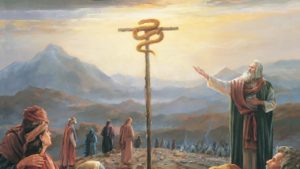 The serpents are not an unusual punishment at all. Quite the contrary, we would only expect to find serpents in the wilderness. What is outstanding is that the Israelites did not suffer from the serpents until this point. God’s supervision and providence protected them throughout the perilous journey in the desert. However, when the people proved ungrateful, and denigrated the manna that God provided, the Lord withdrew His protection of the people.
The serpents are not an unusual punishment at all. Quite the contrary, we would only expect to find serpents in the wilderness. What is outstanding is that the Israelites did not suffer from the serpents until this point. God’s supervision and providence protected them throughout the perilous journey in the desert. However, when the people proved ungrateful, and denigrated the manna that God provided, the Lord withdrew His protection of the people.
They were left to contend with nature’s hazards on their own and many of the Israelites fell prey to the serpents. It is then that the people realize that it is they who are to blame. Overcome by guilt they approach Moses:
“The people came to Moses and said, ‘We sinned by speaking against the Lord and against you. Intercede with the Lord to take away the serpents from us!’ And Moses interceded for the people. Then the Lord said to Moses, ‘Make a seraph figure and mount it on a standard. And if anyone who is bitten looks at it, he shall recover. Moses made a copper serpent and mounted it on a standard; and when anyone was bitten by a serpent, he would look at the copper serpent and recover.” (Numbers 21:7-9)
A peculiar punishment is followed by an even more peculiar remedy. The people have acknowledged the fact that they have spoken against the Lord. In order to prevent further carnage, God commands Moses to make a “seraph,” a figure of a serpent. Whoever was bitten by the snakes would look at the copper serpent, constructed by Moses, and would be saved.
Rabbi S.R. Hirsch comments:
“The serpents’ bite had the sole purpose of letting the people see the dangers which dog a person’s steps when he goes through the wilderness, and that it was only the miraculous power of God which had hitherto kept them far from them so far indeed that they did not even have an idea of their existence. One, who had been bitten, had only to fix the image of a serpent firmly in his mind so that he realizes that even when God’s gracious power will again keep the serpents at a distance, he will remember that the danger is still in existence, dangers that daily and hourly the special care of God lets us escape quite unconsciously.
So that every breath we take in our life is made into a fresh gift from God’s might and goodness. … Hence the punishment of these “ingrates,” as our sages call them, by God removing the protection and the evil which hitherto had made the poisonous tooth of the serpent hidden and innocuous in the wilderness; hence the remedy, that one who had been bitten impresses on his mind to remember permanently the picture of the serpent.”
God did not so much send the serpents as He withdrew his protection. It was not only a physical cure for a biological ailment; it was a process of repentance, of spiritual rehabilitation. The sin of the Israelites was their deriding of the manna, their ingratitude towards God’s graciousness and provision. The copper snake served to remind the people of the perils lurking all around them.
Therefore, after looking at the copper snake, they understood that God was constantly protecting them. In order to appreciate God’s benevolence, one must first be aware of the frailty of one’s existence. The Israelites became so accustomed to the manna that they no longer appreciated it. They were no longer cognizant of their miraculous wilderness existence. Repentance of their sin involved a re-awakening of their appreciation of God’s beneficence. What a great lesson for us today.
Of course, there is also another picture we must be sure to include which brings the meaning of this entire episode to it’s ultimate fulfillment in the promised Messiah of Israel:
“No one has ascended to heaven but He who came down from heaven, that is, the Son of Man who is in heaven. “And as Moses lifted up the serpent in the wilderness, even so must the Son of Man be lifted up, “that whoever believes in Him should not perish but have eternal life. (John 3:13-15 )
There are dangers lurking all around us even yet today. We are just as deserving of punishment as the children of Israel in the desert and for the same reasons. May our eyes be opened and may we 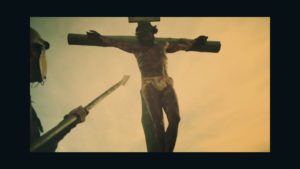 recognize the One to Whom we must humbly lift up our eyes and be saved from this wicked and perverse generation. His long-suffering means salvation, but he will not suffer mankind’s obstinacy forever. Seek the Lord while He may be found.
recognize the One to Whom we must humbly lift up our eyes and be saved from this wicked and perverse generation. His long-suffering means salvation, but he will not suffer mankind’s obstinacy forever. Seek the Lord while He may be found.
For He made Him who knew no sin to be sin for us, that we might become the righteousness of God in Him. (2 Corinthians 5:21)

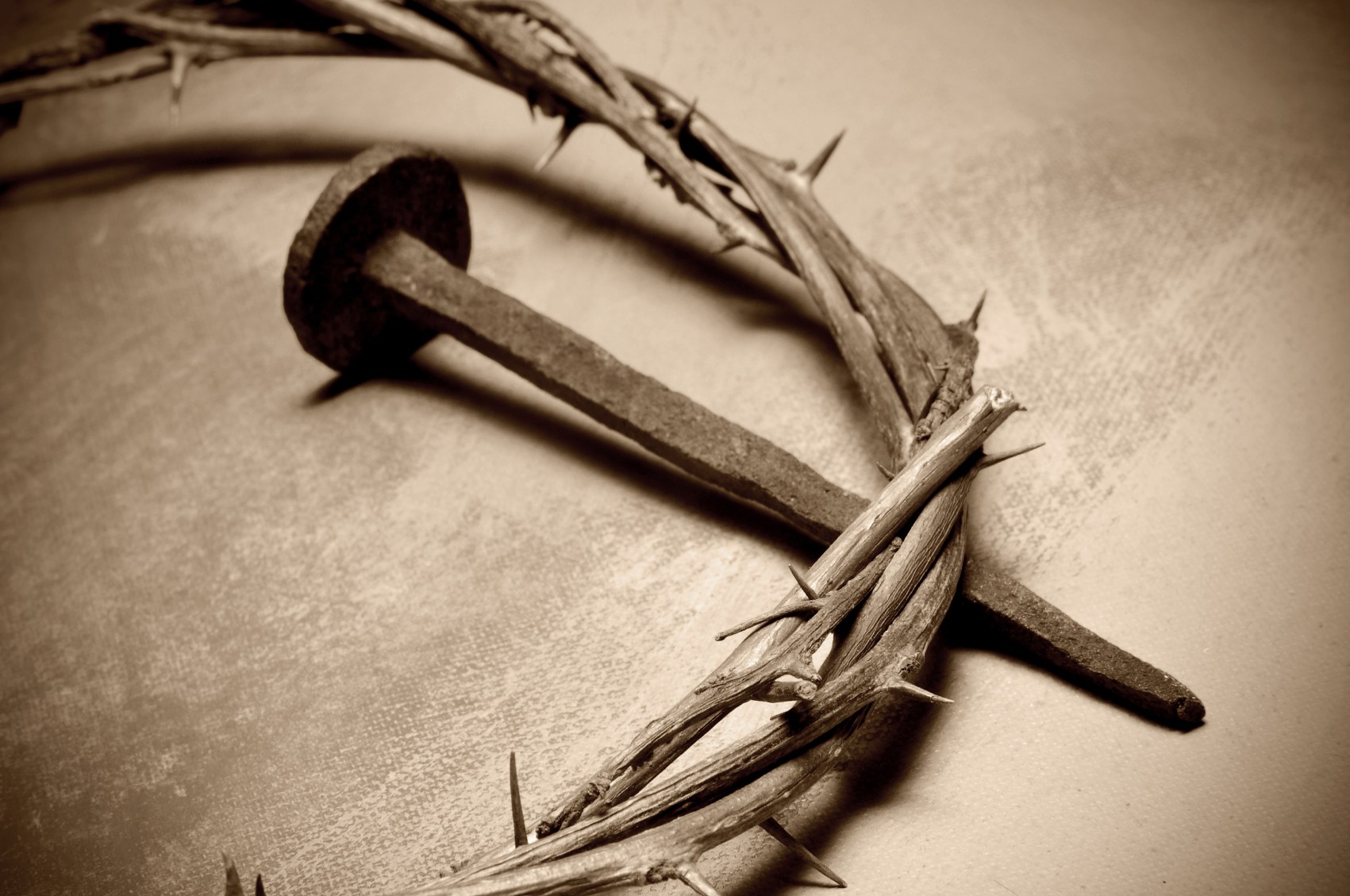
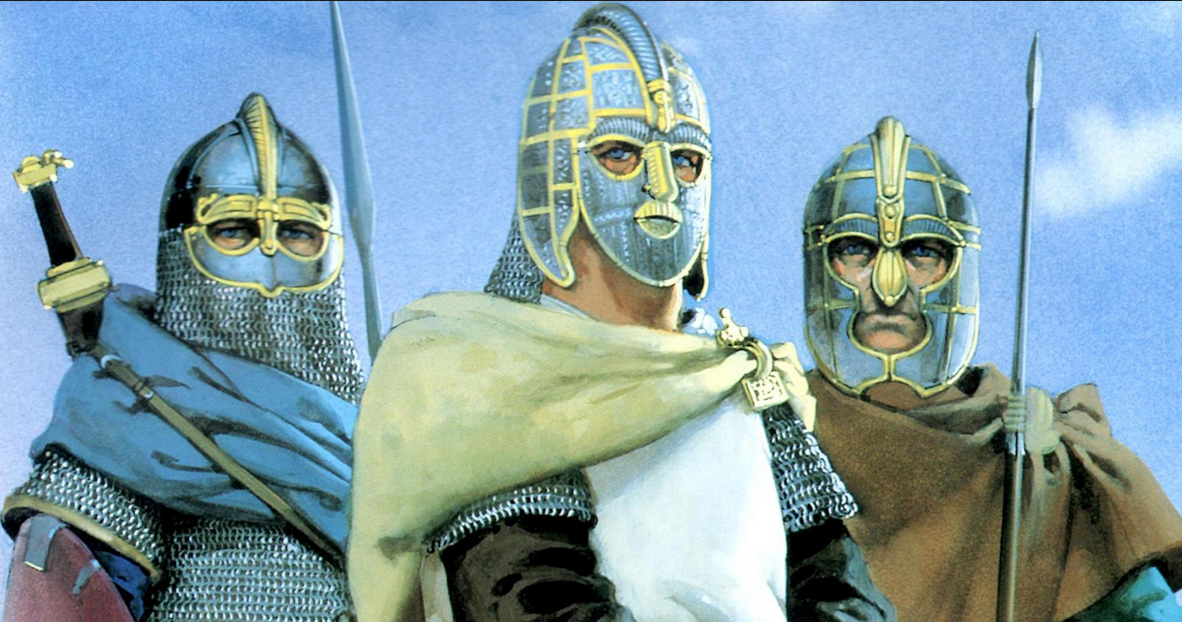



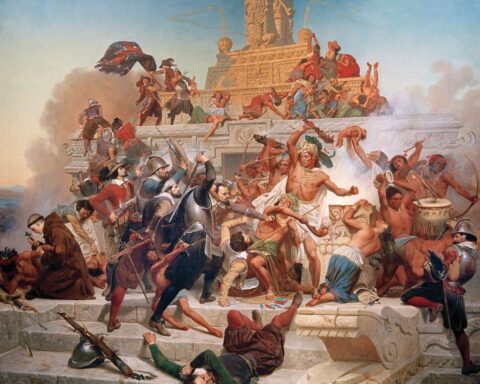
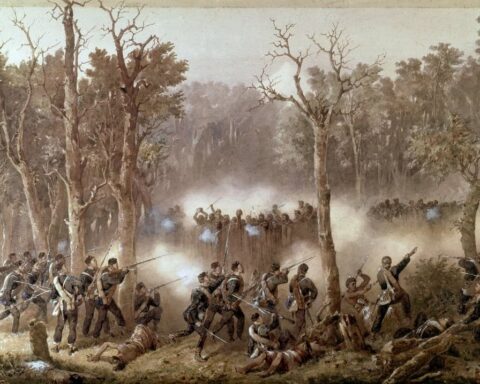

[…] Source link […]
Excellent stuff, Rabbi
4.5
5